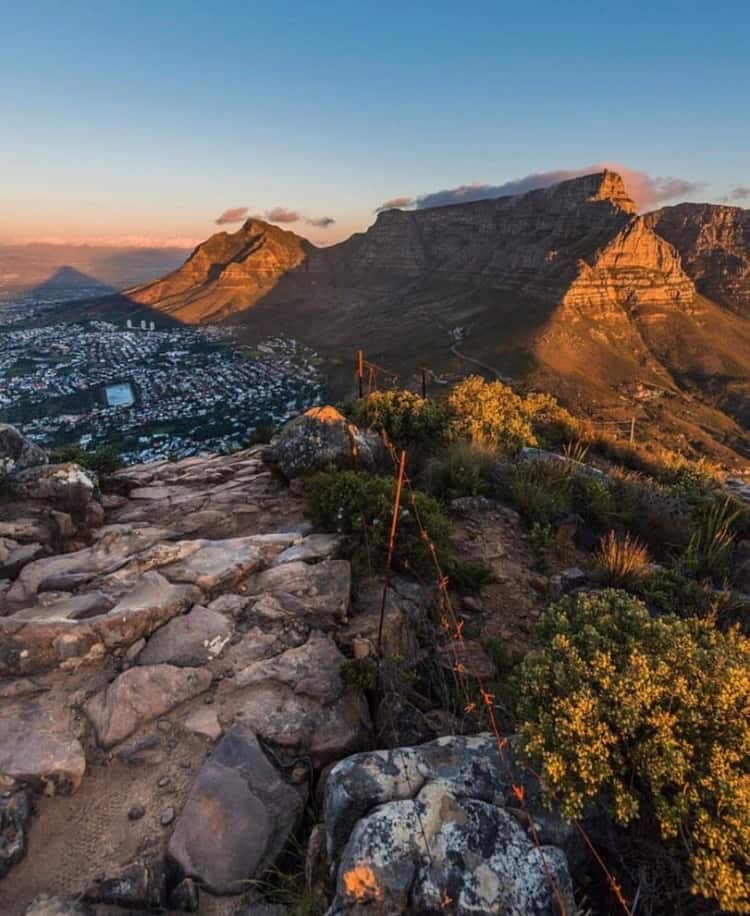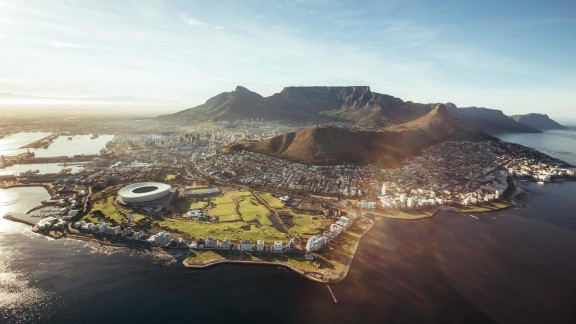
At first glance, Cape Town is more of a large village than a bustling metropolis with a national park at its heart and a historic and low-rise city center that you can walk with ease. Surrounding this is a swathe of genteel neighborhoods and beautiful beaches that seem to lie within the gaze of Table Mountain, the city’s colossal mass of mountain that is an astonishing six times older than Mount Everest in the Himalayas, and five times older than the Rockies. There are also more plant species found here than in the whole of Europe.
Arguably the most beautiful city in South Africa, Cape Town is no stranger to tourism. In fact, it has long been a favorite on the ubiquitous ‘best global city’ lists that are routinely proffered up to world travelers. And with good reason, thanks to an over-abundance of spectacular natural beauty, superb Winelands, and incredible beaches.
But in the last ten years, Cape Town has come to be known as a city with as much brain as brawn, especially in the creative arts. So much so, that this November, Cape Town became the first city in Africa to be named a UNESCO City of Design. Joining a total of 180 cities (including Brasilia, Dubai, Istanbul and Mexico City to name but a few), UNESCO’s global Creative Cities Network seeks to honor a city’s design status and commitment to promoting and developing the cultural and creative industries.
The UNESCO Creative Cities Network was launched in 2004 with the intention of fostering international cooperation with and between cities who use creativity as a driver for sustainable urban development, social inclusion, and cultural vibrancy. Cape Town clearly met the requirements with ease, having hosted Africa’s only international design conference Design Indaba for 22 years as well as a tenure as World Design Capital in 2014.

Founded in the same year as New York, Cape Town’s historical role as a trading station during the 16th century for Dutch ships sailing to East Africa, India and the Far East resulted in early cultural and economic exchanges that engendered a largely style-driven aesthetic that does not concern itself with being local or overtly African. That, along with a climate that is more Milan than Mogadishu, has no doubt influenced the city’s sense of universality, making it a natural hub for the creative industries.
We’ve long recognized that Cape Town is a compelling destination for those interested in the city’s arts scene, and as such offer art, design and culture tours in addition to our luxury African safari options. If you would like us to curate a tour based on your particular creative interests, call us on +1 855 666 7627, or email welcome@roarafrica.com



